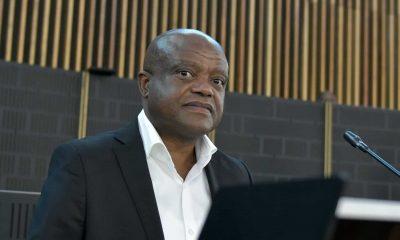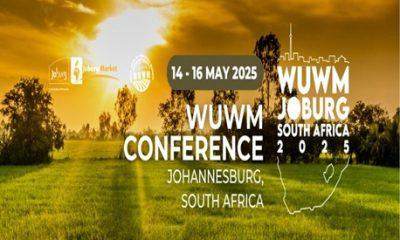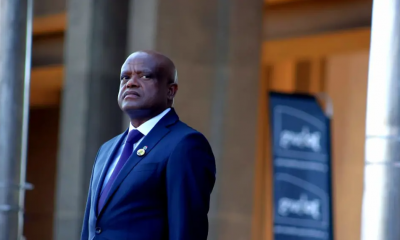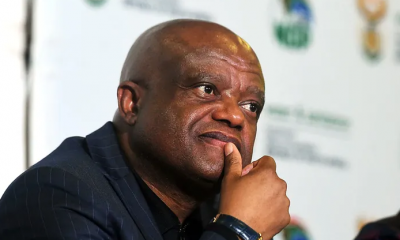411
Johannesburg’s Multi-Billion Rand Bus Project Remains Incomplete After 16 Years
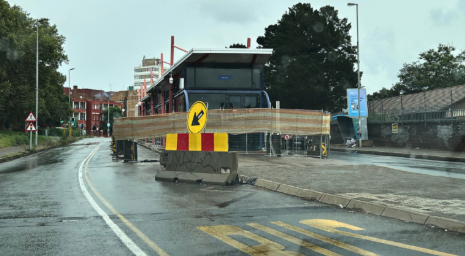
Nearly 16 years since its launch, Johannesburg’s Rea Vaya bus rapid transit (BRT) system remains unfinished, leaving commuters frustrated and taxpayers burdened with escalating costs.
Originally envisioned as a modern public transport solution linking Soweto and Sandton, the project has been plagued by delays, political instability, and ongoing disputes with the taxi industry.
A Delayed Vision for Public Transport
Launched in 2006 and modeled after Bogotá’s Bus Rapid Transit system, Rea Vaya was meant to provide Johannesburg with an affordable, efficient, and eco-friendly transport system. While its early phases were completed, the project has failed to deliver on its full promise.
Phase 1A, linking Soweto to the city center, was rolled out in 2009 in preparation for the 2010 FIFA World Cup. Phase 1B, extending the network further, followed in 2014. However, Phase 1C, meant to connect the inner city to Sandton, remains largely incomplete, despite construction starting in 2014 and over R1.5 billion spent.
Many of the bus stations along this route stand idle, some vandalized, while others remain unfinished. Commuters like Yeoville resident Rose, who was promised a reliable transport alternative, continue to rely on taxis.
“All they have done over the years is repaint the bus lanes that aren’t even being used,” she said.
Delays, Costs, and Political Instability
Several factors have contributed to the delays and rising costs, including:
- Taxi Industry Negotiations: The city had to engage with taxi associations, compensating minibus taxi owners to withdraw from affected routes. By 2017, R263 million had been paid to 317 taxi owners, but tensions persist.
- Construction Issues: Problems with interchanges, bridges, and station designs slowed progress.
- Political Instability: Johannesburg has had 10 mayors since 2016, disrupting project oversight and priorities.
- COVID-19 Pandemic: The pandemic further derailed the project as resources were redirected elsewhere.
- Land Encroachment: The Alexandra Bus Depot, meant to service Phase 1C, has been occupied by informal settlements despite an investment of over R140 million.
According to DA Councillor Tyrell Meyers, parts of Phase 1C may start operating in mid-2025, but progress remains uncertain.
“The longer these delays continue, the more it will cost residents,” Meyers said.
Financial Mismanagement and Business Rescue
The bus system’s operator, PioTrans, entered business rescue in December 2023 after creditors attempted to repossess its buses. Business Rescue Practitioner Mahier Tayob accused the company of long-standing financial mismanagement, alleging fraud and maladministration.
“For years, there was no model for good business practices. The systems in place were violated, making this a recipe for disaster,” Tayob said.
In 2024, Johannesburg Transport MMC Kenny Kunene blamed corruption for the ongoing problems within Rea Vaya and PioTrans.
Reports have also surfaced of questionable expenditures, including Johannesburg ratepayers allegedly spending over R750,000 to rent a single portable toilet at an incomplete station.
Unanswered Questions
Despite repeated inquiries, officials from Rea Vaya, the Johannesburg Transport Department, and other city agencies declined to comment on the ongoing delays and financial mismanagement.
While some progress is expected in 2025, Johannesburg’s ambitious BRT project remains a costly and incomplete vision, leaving commuters waiting for a transport system that, 16 years later, is still far from fully operational.
Follow Joburg ETC on Facebook, Twitter , TikTok and Instagram
For more News in Johannesburg, visit joburgetc.com



